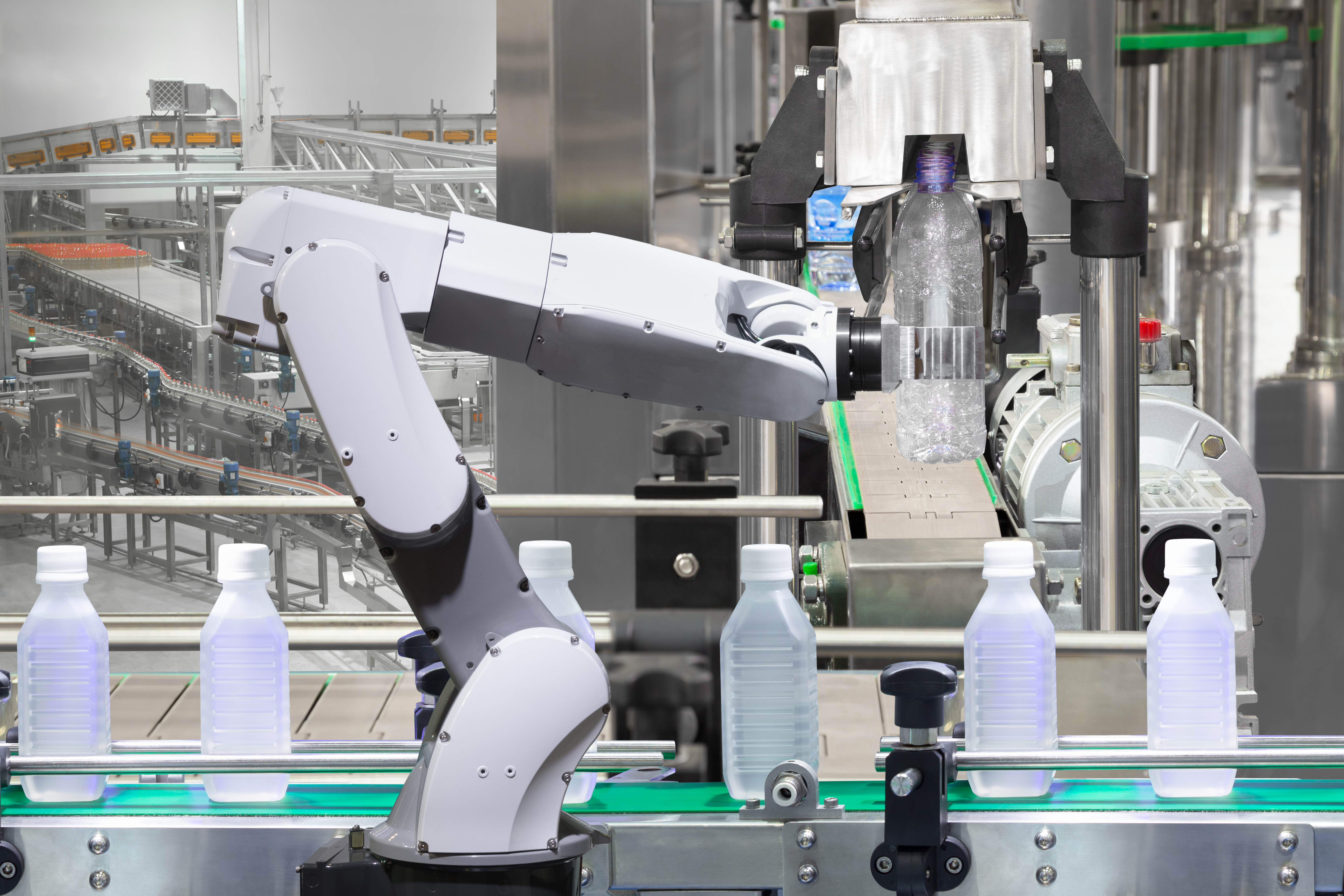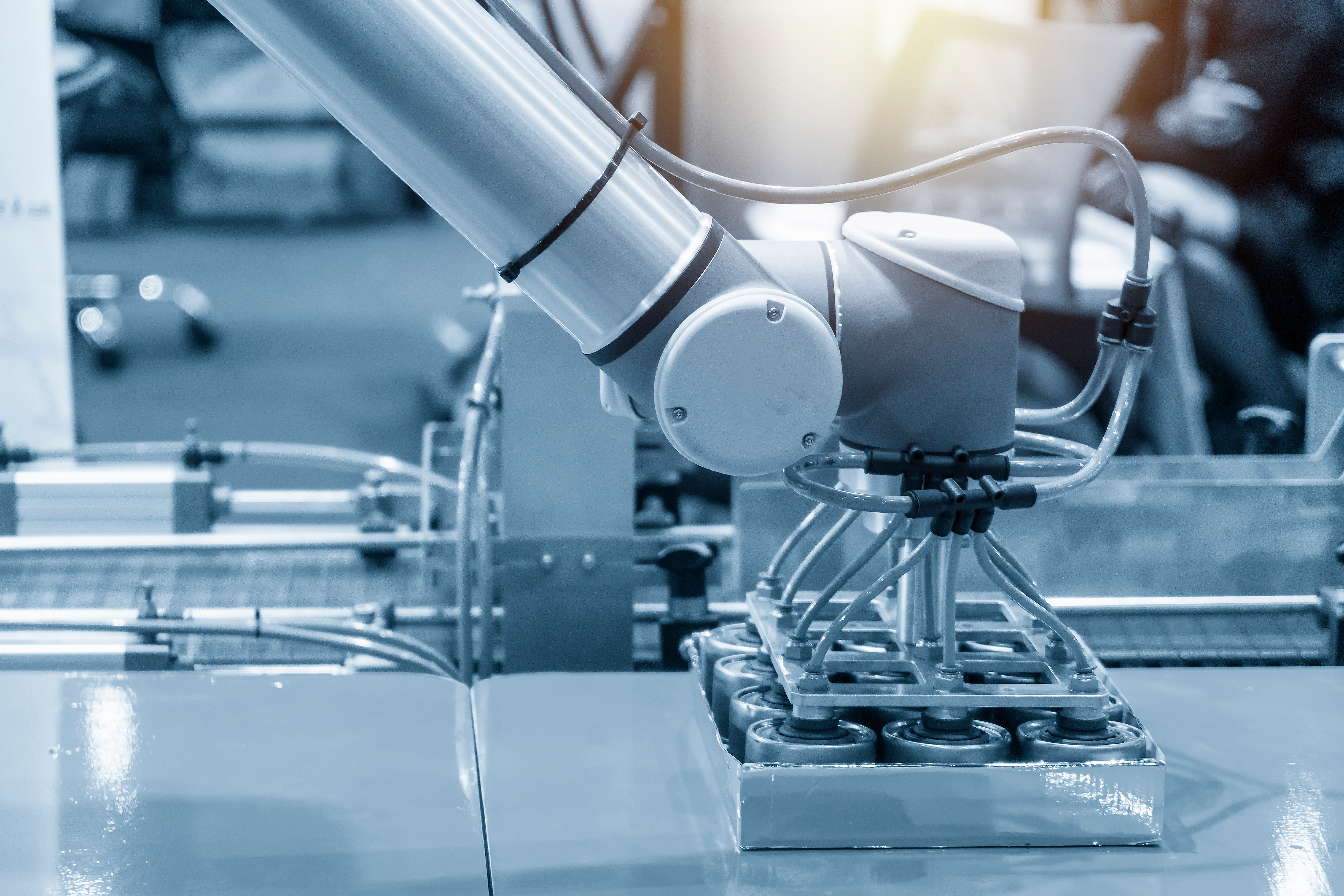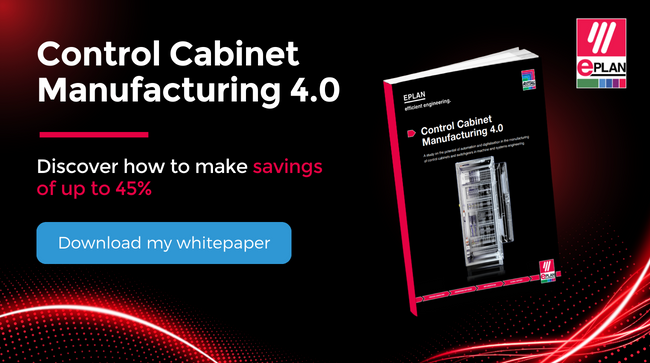Author
 Ken Christie
Ken Christie is the Country Director at EPLAN UK. He has been working at EPLAN for 9 years with his expertise in the electrical design industry.
Ken Christie auf LinkedIn
Ken Christie
Ken Christie is the Country Director at EPLAN UK. He has been working at EPLAN for 9 years with his expertise in the electrical design industry.
Ken Christie auf LinkedIn
The Main Course for Food Manufacturing: Industry 4.0
In essence, Industry 4.0 is pushing manufacturing as a whole, and the food sector in particular, toward even more computerisation and automation supported by fast, effective networking.
The increasing take-up of Industry 4.0 as a manufacturing philosophy has been enabled by technological developments like The Internet of Things (IoT), the cloud, big data and, last but not least, cyber-physical systems.
The Internet of Things has been defined as the effective connection between multiple devices – down to sensor level – within the infrastructure of a plant. The devices are connected using ‘smart computing’ systems, which ensure different sections of the plant communicate with each other and respond rapidly and effectively to variations in the production environment.
But how does Industry 4.0 apply in practice in a food-manufacturing environment?
Traditionally, the average factory floor has included equipment from a variety of manufacturers, with each item performing a specific task in the production process, and the whole, managed and monitored by a dedicated team. Each member of the team requires a common channel of communication to each other and to the machines.
 Industry 4.0 concept being used in a drink factory.
Industry 4.0 concept being used in a drink factory.
Industry 4.0 provides the solution to this inter-connectivity and inter-operability challenge by making the most of automation strategies and greatly enhancing Machine to Machine (M2M) communication, as well as providing much more detailed data for those operating the plant. This ensures fewer errors, less downtime, greater throughput and increased efficiency.
But Industry 4.0 isn’t just an operations strategy; thanks to big data abilities, smart factories also meet the traceability and validation requirements imposed by organisations such as the Food and Drugs Administration and the Food Standards Agency.
Industry 4.0 can also help to achieve plant availability of well over 99%. In the event of a system failure, dual redundant IT layers, specified in accordance with smart factory procedures, allow production to be resumed in minutes rather than hours.
In a nutshell, Industry 4.0 is all about machines communicating effectively with each other and with their users, as well as greater, more reliable record keeping. It embraces communications and networking strategies that meet today’s demands for efficiency and lean manufacturing from companies across the food sector worldwide.
Would you like to find out how EPLAN software solutions can help you embrace Industry 4.0?



Comments